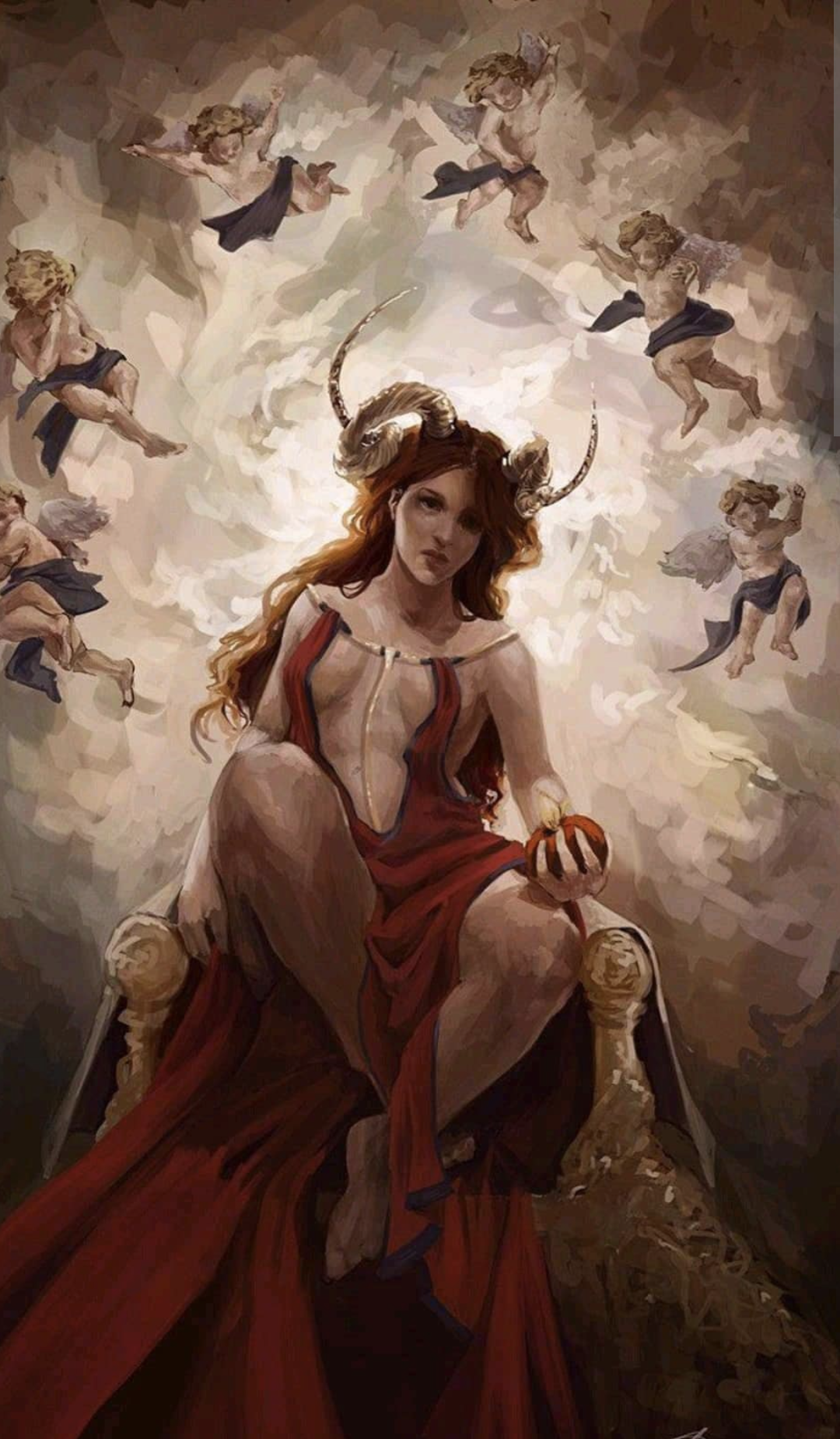As long as you’re not going super hardcore, I don’t see the problem with just letting the truth of the dice decide whether a character receives a ‘fatal’ blow, only to find after the combat encounter that the character is barely alive, and the rest of the group needs to focus all their resources on triage and emergency evac.
Getting out of a dangerous place with a barely conscious character can make for a pretty tense situation.
That’s why revivify is for. What you did here is taken away a meaningful moment from a player, just because you wanted them not to make a different PC. If you want that moment, write it into the story with an NPC. Don’t keep someone alive “just because”. Playing “hardcore” has nothing to do with this - that’s about balancing enemy encounters. Don’t throw a dragon at an unprepared party sort of things.
Otherwise people will either be annoyed that a moment was taken away, come to the conclusion that their choices don’t really matter, or they would expect of you that every time a character dies, they become “half concious”. Suddenly you have a “why didn’t my char do that???” moment at the table. It’s the same with fudging dice, but when that happens, you are behind a GM screen so you are less likely to be found out. Still a shitty thing to do though.
It’s all about what sort of group you’re playing with. I run a group for some kids at my school and I know they would be heartbroken if I just straight up killed them.
I’ve only had to do this once though. I made it a lesson about caution. The player was being reckless, and they ‘died’. Seeing how distraught he was, I decided after the encounter, that the other players should roll for a perception check, and noticed the character still breathing slightly. It was nice to see the kid perk up immediately afterwards.
Some games have this built in and you don’t have to fudge it.
Fate, my go to example, has important but simple rules around losing a conflict.
At any point before someone tries to take you out, you can concede. That’s a player action and not a character action. If you concede, you get a say in what happens to your character. That’s where you as a group say “maybe they stab me but leave me for dead in the confusion” or “maybe the orcs take me prisoner so you all can rescue me next week”. Whatever the group decides is cool goes, but you get a say. You make this call before the dice are rolled. You also get one or more fate points, which is nice.
If you instead push your luck and let them roll, and their attack is more than you can take, you’re done. The rest of the table decides what happens but you don’t get a say beyond what was agreed to in session 0.
This would also be pretty easy to import into DND or most other systems.
Roll in the open, fuck narrative first gameplay, it’s a game.
This+rescale the dice rolls so they make sense. A 20 for them does not have to mean they crushed the challenge. They might just have gave it their all, had brief hope, and narrowly avoided death, or not.
To newer DMs: Never admit to your players whether or not you fudge rolls. As the DM, The only thing you need to do to maintain the integrity of your game is to shut your damn mouth when you bend the rules. The players just need the illusion maintained.
So that my players see me roll the dice. As long as they believe the illusion, the roll is real to them, and so their experience is meaningful and memorable; at the end of the day, that’s what matters most to me as a DM.
I used to think fudging Vs not fudging was a stylistic decision, but as I’ve played more I feel it’s a system issue. If you feel a need to fudge rolls, either to raise or lower the stakes, to force desired plot points or avoid unnarrative deaths, or to fix broken challenge ratings, you’re probably using the wrong system for you and your group.
Think about what issues you’re actually trying to avoid by fudging, and then look for systems that are structured to avoid those issues. If the rolls get in the way of your narrative, switch to a more narrative system. If you’re fighting against the system to build satisfying combat encounters, switch to something more tactical.It’ll always take a couple of sessions to get used to a new system, but learning one is always a lot faster than continuing to waste time trying to force a system to do things it wasn’t made for.
Me when my players in a cyberpunk game are all on death’s door after a firefight goes bad: “Skill issue, I would simply not have been shot”
Sometimes You roll dice just to make them think something’s up.
DM: Roll a perception check
Player: Nat 20
DM: There’s nothing there.Wait, what took the air away?
“Oh fuck, that must mean something was there before, keep rolling perception checks, whatever it is must be around here somewhere”
Fear, fear and suspense.
I love fudge, but too much of it isn’t pleasant.
I prefer games with player-facing rolls. I also prefer emergent gameplay so I’ll roll on random charts, but that’s it. Stakes are stakes, and character death should be something in the forefront of player minds imo
Look if someone’s having a bad time, it don’t cost much to throw em a bone. Like sure, that last attack killed them a round early because everyone has had a moment to feel proud today but you. Or like the spellcaster who is feeling a bit shitty because every monster has saved against their spells by some fluke today.
Like if they aren’t having fun, what am I doing here?
Video games do this shit all the time. Famously the first GoW gave new players a small boost in multiplayer. It led to a community and better engagement in the long run because people had more fun. BG3 has that goofy ‘karmic dice’ system, which is on by default. Fire emblem lies. etc etc
the problem with flubbing is the dishonesty and unilateralness. You can play a different system that doesn’t create the situation your players don’t like so easily.
Or honestly just import Fate points and “succeed at a cost” into dnd. The dice system still sucks but that would help tremendously.
Fudging isn’t unique to DND, though I agree that people would be better off trying anything else.
The system is a means to an end. No system captures its tone perfectly through mechanics.
Fate points sound cool, ngl
Rule #1: Maximum Game Fun
rule of kul (fun in swedish)
rul o kul?
Legit, I don’t fudge rolls because it’s not fun for me.
If a roll would fuck up the session/adventure/campaign, I just straight up tell the players I’m making a call and override the results. It doesn’t happen often, and it’s really only when rng just screws things, like when you get multiple nat 1s in a session, way out of line with what makes sense without some kind of gymnastics to explain things in game.
That’s exactly what fudging rolls is though… “I’m not fudging, I’m just changing the result of the dice when it isn’t fun”
I think the difference is being transparent about it. This is saying “I know that shouldn’t hit, but I’m saying it hits anyways.” Traditional fudging is “That… hits, yeah, totally.”
Well when you arn’t sure if the encounter is balanced from the beginning and the dragons breath would tpk in one hit its kinda better to turn the cone into a line and half the damage so you only have one player down.
I don’t fudge rolls, but I do dynamically adjust enemy’s max HP depending on how well my players are doing.
Yeah, I’m not big on fudging rolls, but that’s one thing I will do. In my last campaign, I had statted up the first real villain for my players to fight, and they knocked him out in one punch. I would have made him one level higher, but then his own attacks would have been strong enough to one-shot some of the players. Level 1 woes.
I would have made him one level higher, but then his own attacks would have been strong enough to one-shot some of the players
Level 1 woes are real, but remember, NPCs don’t have to follow player character creation rules
Yeah, I learned that too. I had come up with a villain later on who had a very defense/counterattack focused stationary fighting style combined with sundering armor, and I thought I could make him a big threat, but then he ended up completely flopping because there just wasn’t support for building that style and making it strong. Now I’m playing looser, and stealing lair actions from D&D (minus the lair part most of the time) to make my loner villains work.
There is a reason why the D&D 5e creatures have their HP written in dice values (4d6+10).
It allows for variation within the stat block. But it also gives a maximum and a minimum HP they can have.
Most of the time you use the average. But if the game is too slow, you can lower it to the minimum HP. And if they are steamrolling an encounter, you can just increase the HP to the maximum.
This makes encounters more dramatic and fun.













